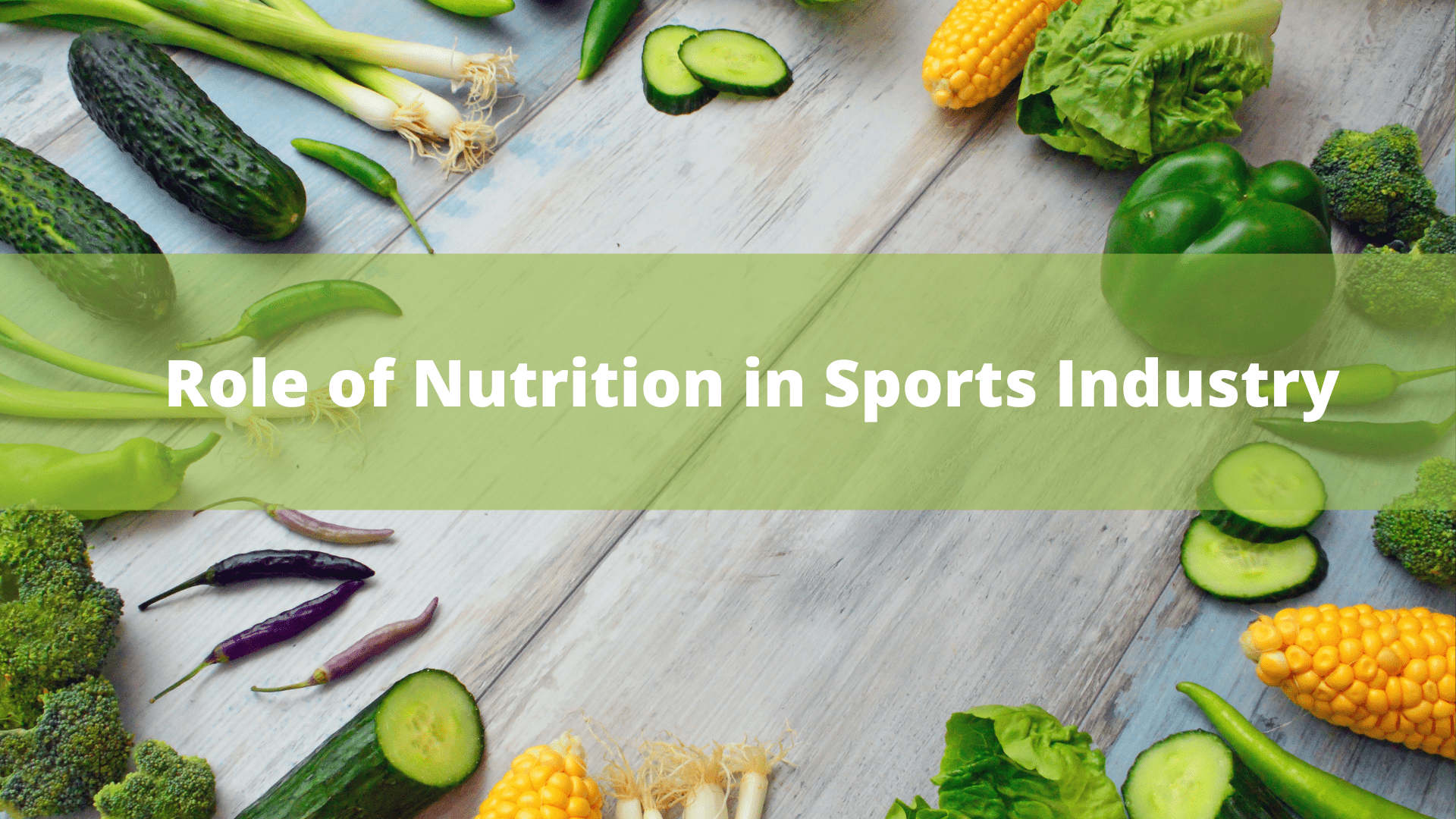Role of Nutrition in Sports Industry

A balanced diet will give you the energy you need. Covering all your needs in terms of nutrients, you will be providing your body with the necessary dose of energy that will help you better cope with your physical efforts. A Bachelor of sports management degree covers some aspects of sports nutrition in which the candidate will get to know about training diet, competition diet, weight management, body composition, and so on.
A good diet reduces the risk of injury during and after sport. The truth is that following healthy eating guidelines will help you keep your body in a state and optimal conditions to practice exercise. Betting on quality eating habits will make your bones and muscles fit and strong.
Eating foods in a balanced way can help the athlete maintain a good mood during activity. Did you know this? In addition to improving concentration, a balanced diet is recommended to establish a good mood in the athlete. If your brain is well fed, it will function better and ensure a better mood, which will influence the individual’s level of optimism.
How should an athlete’s diet be?
There are different ways of eating and it is the responsibility of the athlete to know how to correctly choose the most convenient foods for their health, as well as those that will positively influence their performance. A Bachelor’s degree in sports management in India not only provides an in-depth analysis in broadcast, marketing, finances and administration of sports events but also gives an insight about the health maintenance of athletes.
You have to follow a balanced diet and this means that you have to have a varied diet, the results you get will depend on it. In addition, your diet will have to be adapted to other factors such as your age, sex or the physical activity you do.
If you are an athlete, you must ensure proportionate doses of different types of food so that your diet does not lack anything. In addition, it is very important that you organize your meals and schedules well:
- Carbohydrate intake is important before, during, and after physical exercise. Cereals, potatoes, pasta or tubers are rich in carbohydrates of slow absorption, that is, they are the carbohydrates that reach the blood gradually. Fruit, for example, is rich in fast-absorbing carbohydrates that reach the blood faster.
- Proteins are another of the basic pillars of those who practice sports. These are the ones that are responsible for building and regenerating the tissues. Foods rich in these nutrients are proteins of animal origin such as meat, fish, egg, dairy and proteins of vegetable origin (legumes, soy, etc.).
- Fats are very important in the diet of an athlete, they are fundamental and necessary, but you have to assess very well what type of fats we take and in what amount, since they can also be harmful. Necessary fats for our body are unsaturated fats such as those present in some fruits. But the ones that we have to reduce to the maximum are those saturated and hydrogenated fats that are those that we find in industrial pastries, mould bread, milk chocolate, etc.
- Another very important point that also comes into play when it comes to eating a balanced and healthy diet is hydration. A normal adult should ingest between 1.5 and 2 litres of water a day to ensure good hydration. But when we do physical exercise, being hydrated becomes more important since we lose large amounts of fluid through sweat.
When you are dehydrated your sports performance is affected, as it can favour the appearance of fatigue.
If you like to exercise, remember that a varied and balanced diet along with good hydration is key to ensuring good sports performance.
Only well-trained professionals will help you maintain a balanced diet and will advise you on the foods you have to take according to the type of physical activity you do. If you are planning to pursue a Bachelor of sports management in India, you can contact NASM today!



